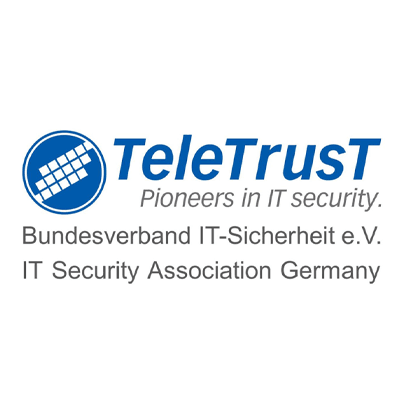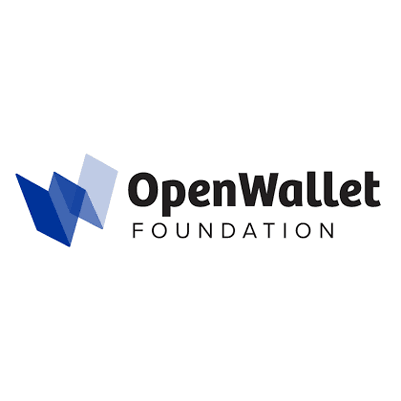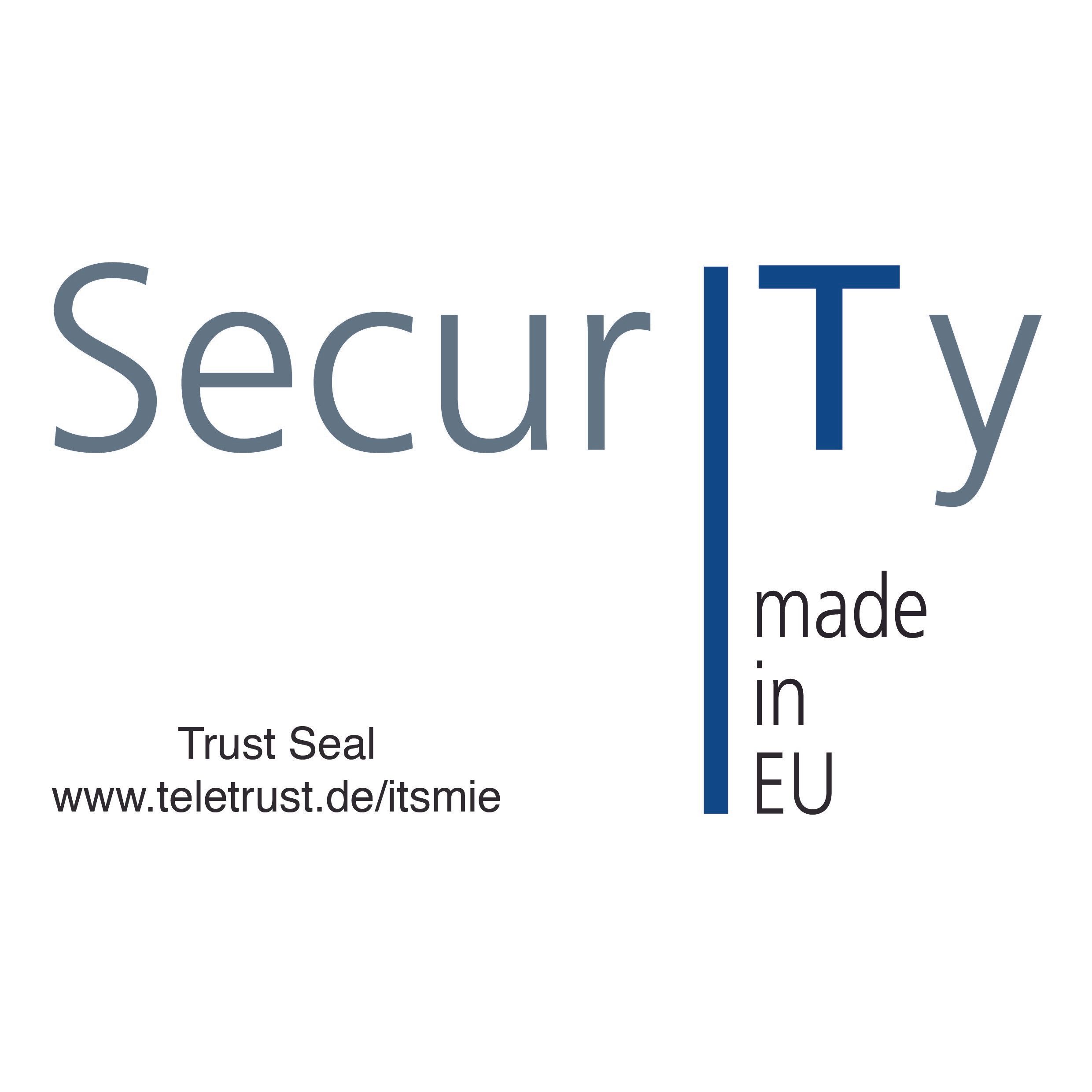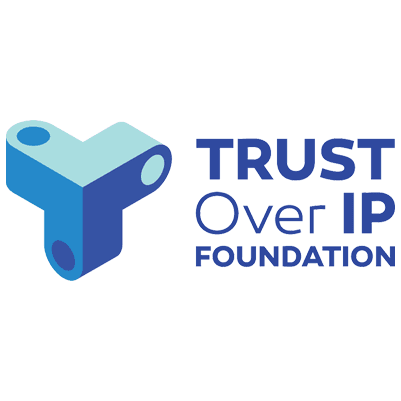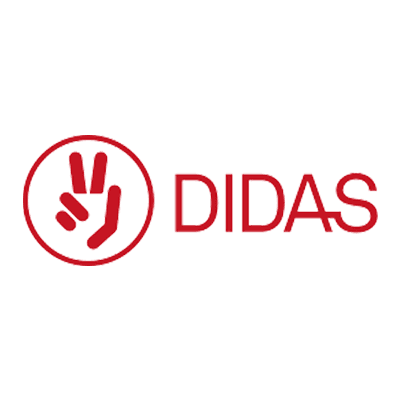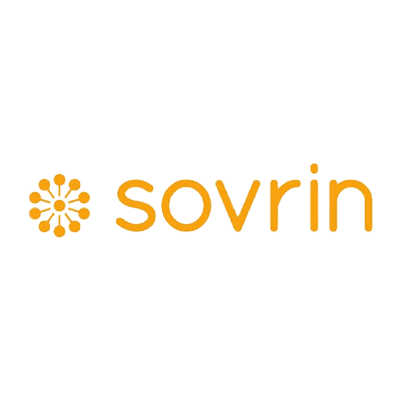
Our competencies: best-in-class software solutions. Our passion: digital identities.
We digitalize your processes according to your needs
As a leading IT service provider, our focus has been to help companies digitalize their processes for more than 35 years. We have the goal to always ensure efficiency, security, and transparency.
We develop and operate top-class software, in particular for complex requirements. We are uniquely positioned to assist businesses whenever standard solutions are not sufficient.
Since 2015 we have been deeply involved in the subject of digital identities. We are experts when it comes to digitalize analogue processes and to decentralize digital processes.

SOWL makes practicable what sounds complicated
Digital identities, E-ID, SSI, EU wallet, hyperledger…
A lot of technical terms, various technologies and a jungle of regulations and laws. This is why we developed SOWL. A 360-degree approach which enables us to implement digital identity management in any organization.
SOWL has a modular approach and is always tailored to specific requirements, so that digital identities can be seamlessly integrated in existing environments, structures, and processes. From strategy to conception to technical implementation we offer a one-stop approach, in order to ensure “digital trust” and to speed-up digitalization.
Commitment for digital identities

Precision
Always on time, always outperforming. This has been our commitment for more than 35 years – and this is reflected in many of our projects.
Authenticity
We are who we are. Tactics are far from our mind; we give honest advice and as an old-school business partner we still believe in a handshake.
Freedom
The individual should be in full control - that's what we believe and that's what we act on, in particular when it comes to managing data.
Team spirit
We are one team. Always. We care for our experts’ well-being because they make us what we are: a best-in-class partner.

